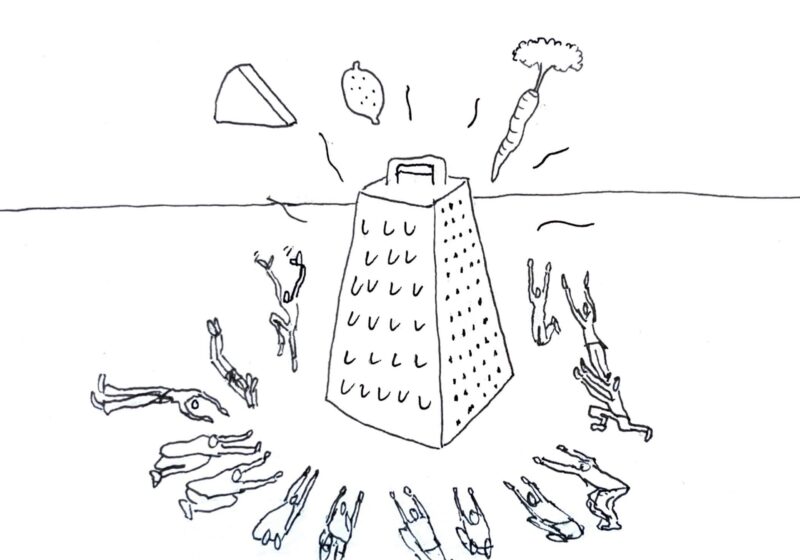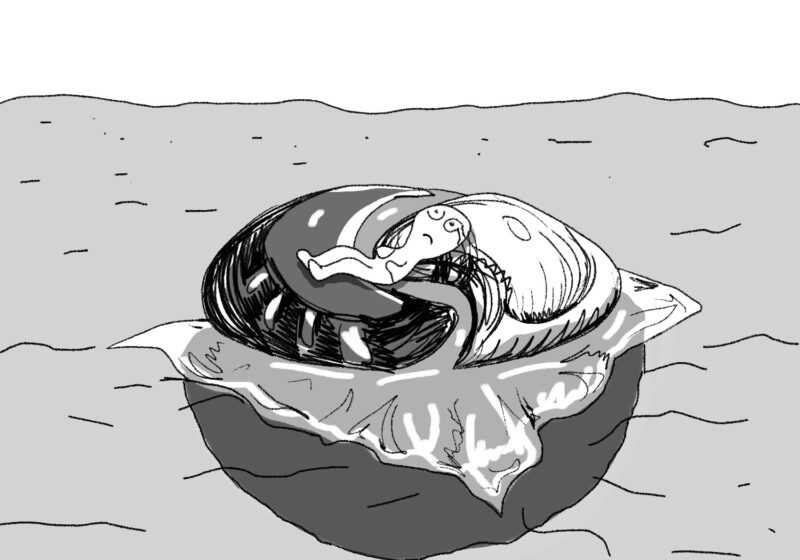This week, Lee C. Bollinger, president of Columbia University, created a platform for the president of Iran, Mahmoud Ahmadinejad, to speak. As it turns out, the platform Bollinger provided was less than warm since the introduction he gave began with criticisms of the extremely controversial president’s conduct. It caused quite an uproar, inviting a man who has been quoted as saying, “Today, they have created a myth in the name of Holocaust and consider it to be above God, religion and the prophets.”
In the face of intense criticism, Bollinger said in his opening remarks, “?in universities, we have a deep and almost single-minded commitment to pursue the truth.? We do not have access to the levers of power.? We cannot make war or peace.? We can only make minds.? And to do this we must have the most full freedom of inquiry.”??
I have read and heard numerous objections to this event. Protesters found it unethical to even listen to such an offensive, controversial and dangerous man. One argument that kept resurfacing was questioning whether Ahmadinejad’s appearance belongs in an educational setting when many find him inappropriate even in a political role. I define education as exposure to new ideas. Education is discovering details about unfamiliar points of view and constantly questioning both friends and enemies. In my vague generalization of college, I believe that, as students, we are here to further our minds’ education and development.
In order to listen to Ahmadinejad, you do not have to agree with a certain concept, and you especially do not have to like the people who purport it. However, only after learning about the details of an issue is it possible to intelligently question and critique another country, another leader or another’s conduct. Shouldn’t we welcome the opportunity to learn from Ahmadinejad himself, outside of media distortion and propaganda, and formulate more educated opinions? His visit even helped promote awareness among students, who debated and protested his arrival.
It is difficult to formulate a convincing argument against dangerous Middle Eastern leaders or against their conduct when the facts are blurry. Ahmadinejad’s visit has created more waves throughout colleges than any ordinary lecture might. The hot topic has drawn attention to the existing clashes between Iran and America’s politics and cultures. Of course, Ahmadinejad’s invitation from Columbia University is an extreme example, but his visit shows the possibilities when risks are taken in education.
Inviting controversy onto the college campus encourages the exchange of ideas and information. Controversy provides a forum for debate and exchange of information both in the classroom and even the dorm rooms. This issue has encouraged heated discussions, even organized protests. Increased attention to an issue leads to increased debating and deliberating. The effects of Ahmadinejad’s visit have far outreached Columbia’s campus. It has brought Middle Eastern conflicts home to all college campuses.
Few want to debate an issue when the problem at hand seems distant, geographically and emotionally. His visit stressed that these issues are not distant – they are close at hand.
Basically, students need to have exposure in order to grow. It is not right to constrain the experiences students have based on what a limited group of people think is ethical and appropriate. Inviting controversy onto the college campus encourages the exchange of ideas and information. College has been a setting for many historical tumbles and protests.
Many believe that the presence of an extremely offensive and hated figure is completely inappropriate for a college. However, the benefits of exposure to pressing events are massive.
Though Ahmadinejad’s speech may not have been earth-shattering, the effect it produced was close to it. Bollinger made it clear that Columbia was in no way endorsing any beliefs, nor should there be reason to worry that he might appeal to his audience. If that is the case, then what is the harm in breaking down some walls of communication and attempting to learn about his positions from the source?
Leber is a member of the class of 2011.



